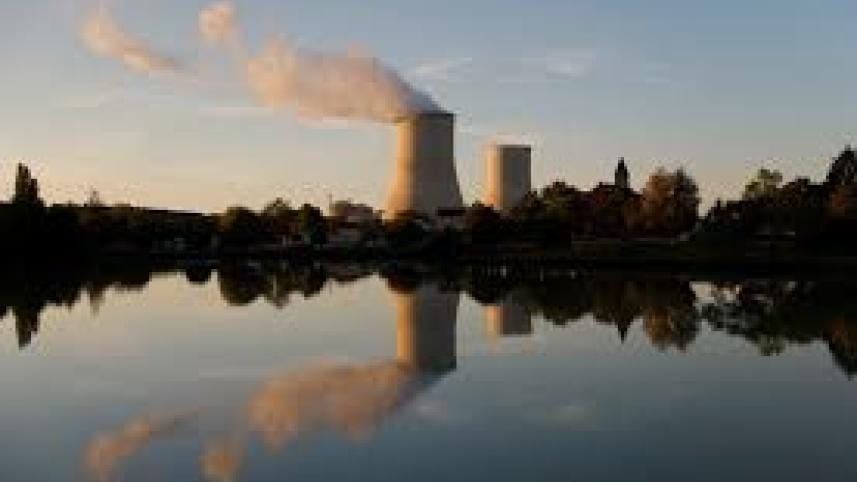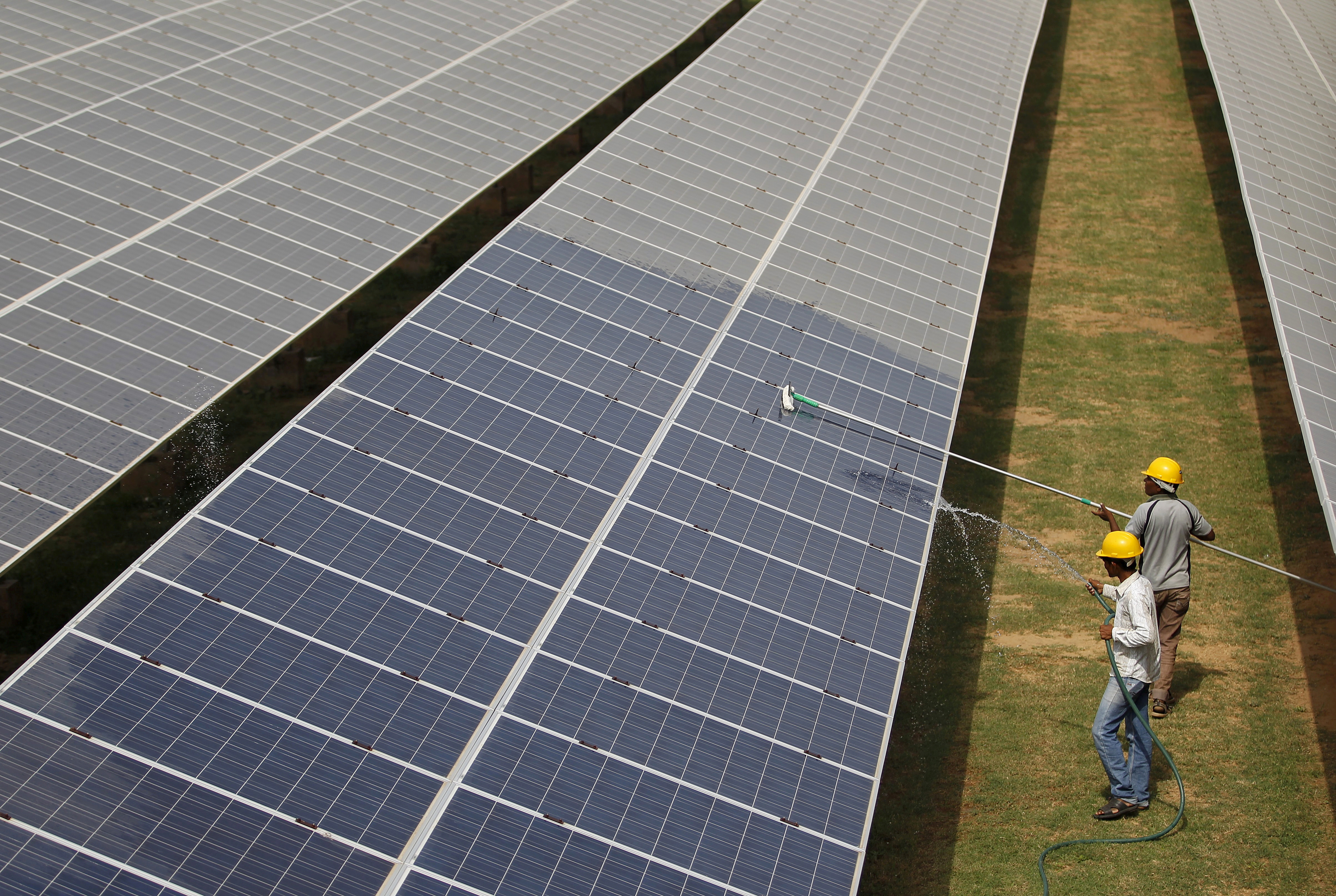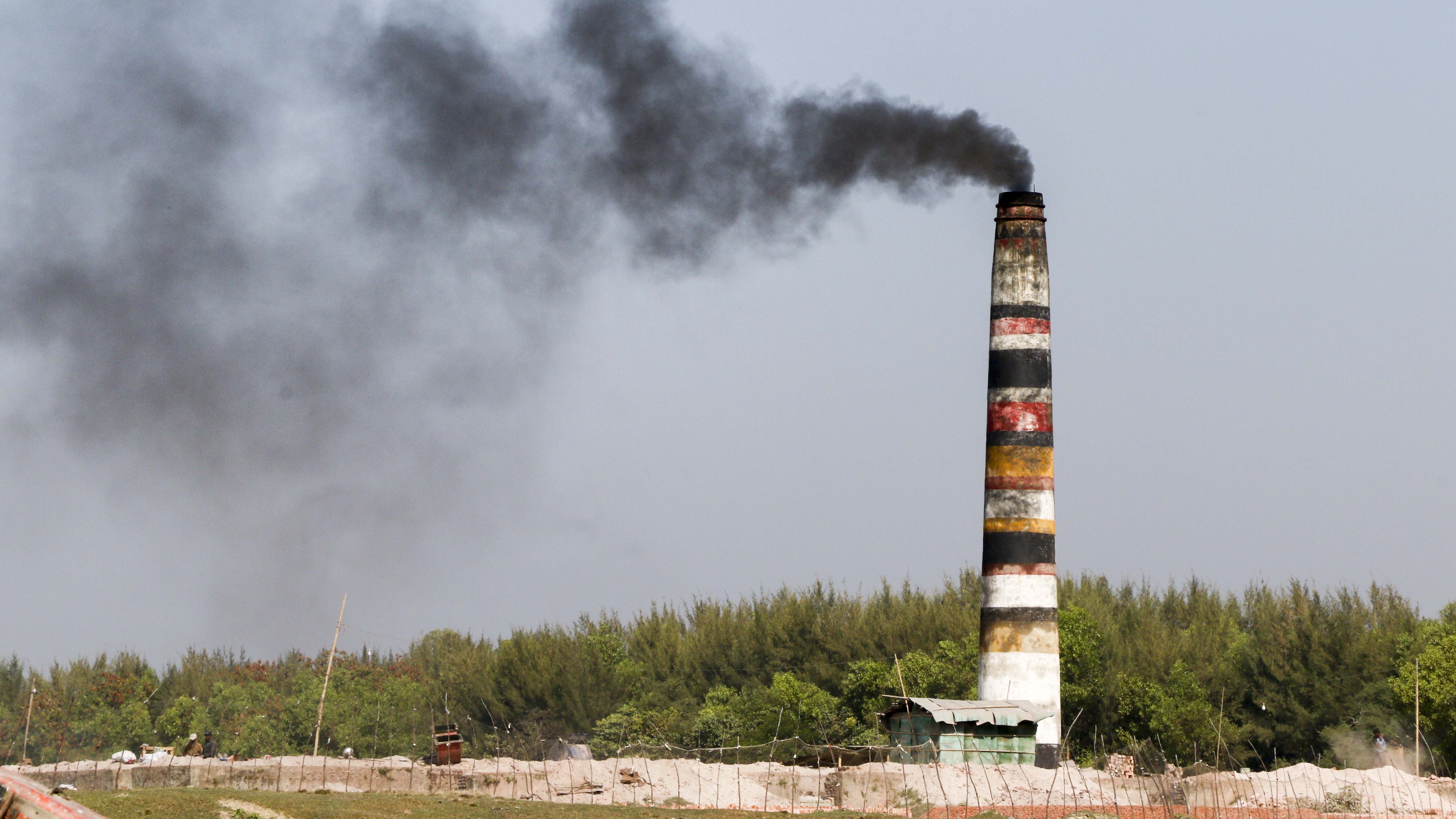Why nuclear energy makes sense for Bangladesh

Dhaka, often grappling with poor air quality, has earned the grim distinction of having the worst Air Quality Index (AQI) score worldwide on several occasions over the last few months. The smog serves as a reminder of the environmental degradation driven by fossil fuels, the primary source of energy. While solar and wind power dominate discussions about cleaner alternatives, their limitations highlight the need for a more reliable solution. Nuclear energy, despite its efficiency and cleanliness, has been overshadowed by public fears and misconceptions. Regardless, nuclear power holds the potential to bridge the gap until solar and wind energy become more viable options in the long term or nuclear fusion is successfully achieved.
Public perception of nuclear energy has been shaped by historic disasters like Chernobyl in 1986 and Fukushima in 2011. While these incidents were catastrophic, they were the result of governance failures and outdated technology rather than inherent flaws in nuclear power. Modern reactors have revolutionised safety with passive cooling systems and fail-safe designs.
Coal is responsible for approximately 24.6 deaths per TWh (terawatt hour) due to air pollution and occupational hazards, while nuclear power accounts for just 0.07 deaths per TWh. This places nuclear energy on par with wind and solar power in terms of safety, or even safer. Yet, the fear of radiation and long-term waste persists, often overshadowing these statistics.
A significant apprehension is about the management of radioactive waste. Nuclear waste is a legitimate concern, but risks are often misunderstood. Technologies like the PUREX (Plutonium Uranium Redox Extraction) process enable the recycling of up to 95 percent of spent nuclear fuel, significantly reducing waste volume and toxicity. France reprocesses over 1,700 metric tonnes of spent fuel annually. Through recycling, the containment timeline for nuclear waste can be reduced from tens of thousands of years to approximately 500 years.
Despite these advancements, investment in nuclear fuel recycling remains limited. High initial costs and political hesitation have hindered its adoption in many countries. France's success with mixed oxide (MOX) fuel illustrates that, with proper funding and commitment, nuclear waste can be managed effectively while maximising energy output.
The global hesitation to embrace nuclear energy has been compounded by the fossil fuel industry. Using its significant economic clout, the industry seems to perpetuate myths about nuclear power to maintain its dominance in the market. This stagnation not only hinders nuclear innovation but also delays the broader transition to renewable energy sources like solar and wind. Unlike renewables, nuclear energy provides a consistent power supply, operating all day everyday regardless of weather.
For Bangladesh, nuclear energy would be an opportunity to diversify its energy portfolio and reduce heavy reliance on natural gas and oil for electricity. As the country's natural gas reserves dwindle, the need for alternative energy sources becomes increasingly urgent. Bangladesh currently generates over 50 percent of its electricity from natural gas, but domestic reserves are projected to deplete within the next decade. This would place immense pressure on energy security and economic stability. Additionally, reliance on imported oil, subject to volatile global markets, further exacerbates the challenges of maintaining a stable energy supply.
The Rooppur Nuclear Power Plant (RNPP) offers a viable path forward. Utilising VVER-1200 reactors, the plant is designed to produce 2,400MW of electricity, providing a clean and reliable energy source that can reduce the country's dependence on fossil fuels. Beyond addressing immediate energy needs, nuclear power has the potential to support long-term economic growth by stabilising electricity costs and attracting investment in high-tech industries.
Bangladesh has made progress with the support of the International Atomic Energy Agency (IAEA), adopting global best practices such as the Milestones Approach and Integrated Nuclear Infrastructure Reviews. However, building indigenous expertise, enhancing legal frameworks, providing appropriate training, and ensuring long-term waste management are critical to sustainable nuclear development. Public communication is another area requiring attention, as transparent information about safety measures and environmental benefits can help dispel misconceptions and build trust in nuclear projects.
The urgency to adopt cleaner energy solutions has never been greater. Cities like Dhaka, plagued by toxic air, illustrate the dire consequences of continued reliance on fossil fuels. While solar and wind energy are indispensable to the global energy transition, their limitations necessitate the inclusion of nuclear power as a complementary solution. Investing in nuclear energy and addressing public fears can pave the way for a cleaner, more sustainable future.
Kazi Omar Farook Saneed is research assistant in the Department of Environmental Science and Management (DESM) at Independent University, Bangladesh (IUB).
Views expressed in this article are the author's own.
Follow The Daily Star Opinion on Facebook for the latest opinions, commentaries, and analyses by experts and professionals. To contribute your article or letter to The Daily Star Opinion, see our guidelines for submission.



 For all latest news, follow The Daily Star's Google News channel.
For all latest news, follow The Daily Star's Google News channel. 

Comments